What they say
Editor's note: The weeklong 22nd International Congress of Historical Sciences closes on Saturday in Jinan, the capital of Shandong province. The conference had four main themes - Digitalization trends in historical studies, Historicizing emotions, China from global perspectives and Revolutions in world history: Comparisons and connections. More than 2,600 scholars took part in the conference to share perspectives on the latest global developments in historiography.
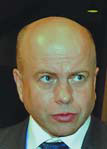
"In order to understand what's going to be in the global world in the future, we have to understand historical rules. If we understand why Chinese goods were popular among Europeans in medieval times, we can understand the present day's trade. Here at the congress, I can meet more sources in China. If we can do everything together, we can move things forward."
Alexander Petrov, Russian Academy of Sciences, Russia
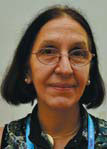
"My field is 19th century history, when there were a lot of contacts between the West and the East and construction of new traditions. It's interesting to do something comparative on an occasion with a strong Chinese presence to think about issues like construction, ideas of nations, or collective feelings."
Laura Malosetti Costa, National University of San Martin, Argentina
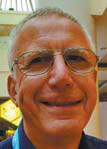
"It is a very new topic and new perspective (on choosing "Historicizing Emotions" as a major theme of the congress). European historians proposed it, but it is fruitful this time to get recognized by the ICHS Congress in China. Studying different emotions in different circumstances and cultures, and human feelings is also important."
Martyn Lyons, University of New South Wales, Australia
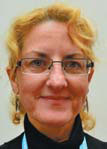
"It (a major theme of the congress - "Digital Turn in History") is a really great session. Digital history is becoming a key. As a national museum, we cannot do our job without digital tools. Our entire collection has open data and 3-D printing to preserve our physical collection will be the next big thing."
Anna Adamek, Canada Science and Technology Museums, Canada
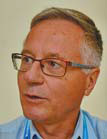
"The congress wants to end Eurocentrism (in historical sciences) and coming here to China is the first step. And, this is just a beginning. We've seen so many European and American studies on China, we now expect a stronger presence of China in the international discussion . For example, what is the Chinese opinion on 17th-century Jesuits in China? We have so many European views. It will be interesting to have another perspective, and that will be the future of historical studies."
Marco Jorio, Swiss Academy of Sciences, Switzerland
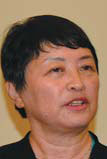
"Chinese historians should not only focus on our own history but it's better to consider it as part of global history, and improve our capacity for international communication. It's a good start to set the Chinese History in Global Perspectives section this time, and we need to broaden our horizons to promote interdisciplinary studies and avoid restricting ourselves to small circles."
Wan Ming, Institute of History, Chinese Academy of Social Sciences, China
(China Daily 08/29/2015 page12)












